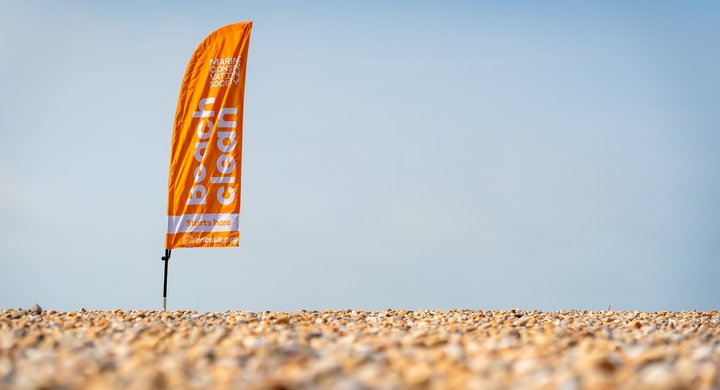
Beachwatch reports
We've been running our national beach cleaning and litter survey work for over 30 years, meaning we have decades of data at our fingertips.
Every year, the Marine Conservation Society analyses and collates all the recorded litter data gathered by volunteers to produce an annual report on marine litter on UK beaches.
Discover our annual findings below.

Beachwatch 2024: What you found
A huge thank you to everyone who got involved with a beach clean or litter survey in 2024. Here's a full breakdown of the results.

Beachwatch 2023: What you found
A huge thank you to everyone who got involved with a beach clean or litter survey in 2023. Here's a full breakdown of the results.

Beachwatch 2022: What you found
A massive thank you to everyone who took part in a beach clean and litter survey in 2022.
How do we use our State of Beaches reports
Our State of Beaches report saw an 80% drop in plastic bags found on UK beaches since the 5p charge was introduced


